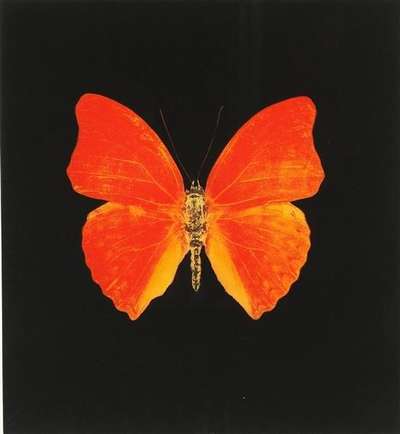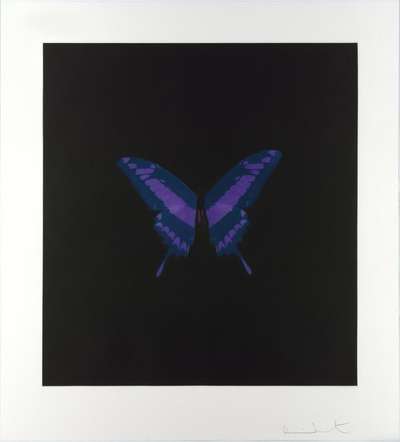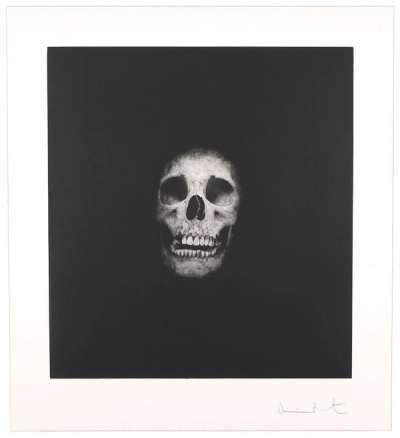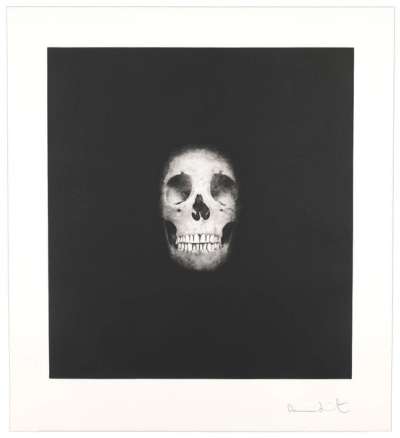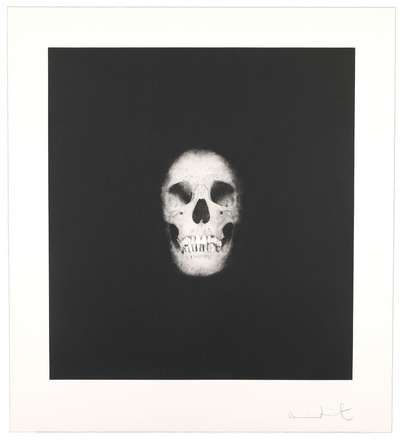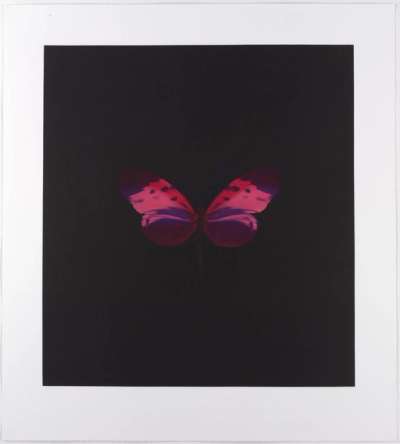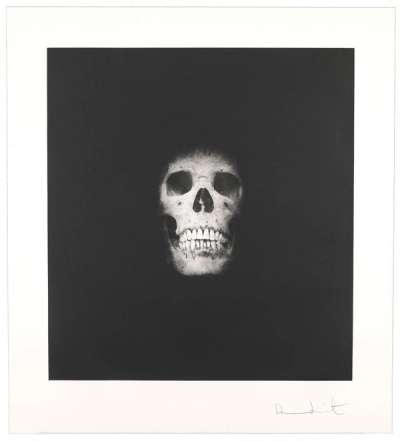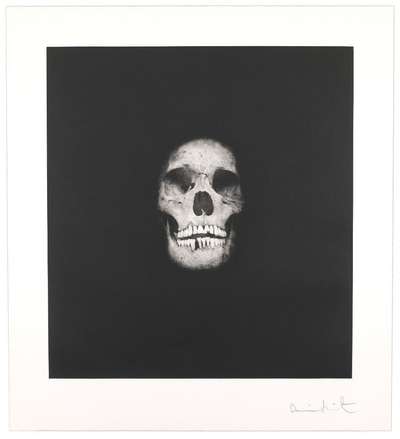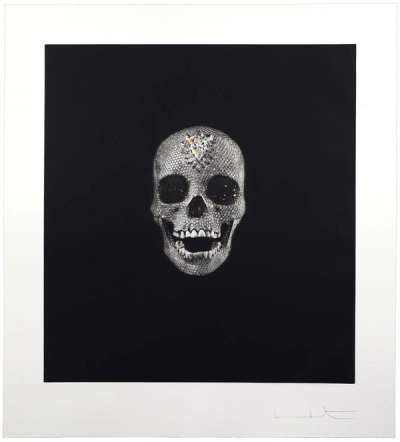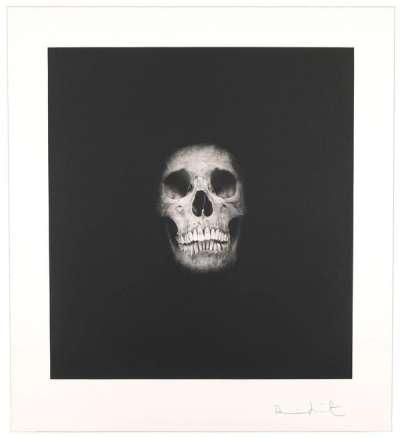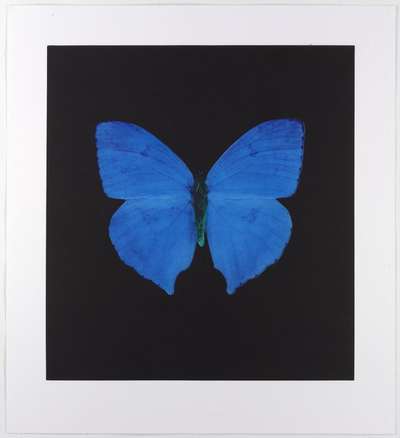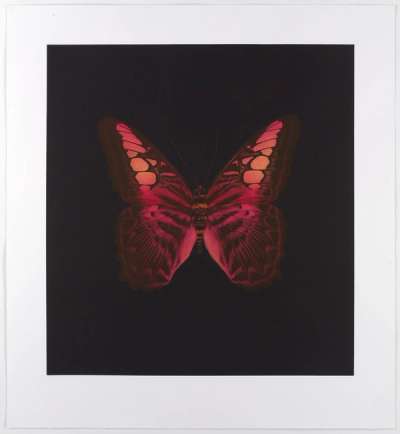
Memento 2

Memento 2
Signed Print
Damien Hirst
Price data unavailable
AAGR (5 years) This estimate blends recent public auction records with our own private sale data and network demand.
There aren't enough data points on this work for a comprehensive result. Please speak to a specialist by making an enquiry.
Medium: Intaglio
Edition size: 30
Year: 2008
Size: H 120cm x W 108cm
Signed: Yes
Format: Signed Print
Track this artwork in realtime
Watch artwork, manage valuations, track your portfolio and return against your collection
Meaning & Analysis
Memento 2 is an intaglio print from Damien Hirst’s Memento series from 2008. The print shows an image of a butterfly with its wings outspread, set against a black backdrop. The butterfly is coloured with glowing shades of green and has a luminous quality that stands out against the dark background.
Depicted in beautifully rich detail, the butterfly in the centre of the composition is striking in its colouring and its mimetic quality. Hirst’s concern with depicting his chosen subject matter in photographic detail stems from his work on ‘fact’ painting beginning in 2000. The artist’s aim with such works was to attempt to reproduce photographs in the traditional medium of oil on canvas. The realistic image of the butterfly plays with Hirst’s concern around facts and truth that photographs are assumed to depict.
The butterfly motif is a prominent figure that Hirst has used throughout his career to bring together themes around morality, life, love, faith and aesthetics. Speaking of his obsession with butterflies Hirst has explained, “I think rather than be personal you have to find universal triggers: everyone’s frightened of glass, everyone’s frightened of sharks, everyone loves butterflies.”
Damien Hirst, born in Bristol in 1965, is often hailed the enfant terrible of the contemporary art world. His provocative works challenge conventions and his conceptual brilliance spans installations, paintings, and sculptures, often exploring themes of mortality and the human experience. As a leading figure of the Young British Artists (YBA) movement in the late '80s, Hirst's work has dominated the British art scene for decades and has become renowned for being laced with controversy, thus shaping the dialogue of modern art.
